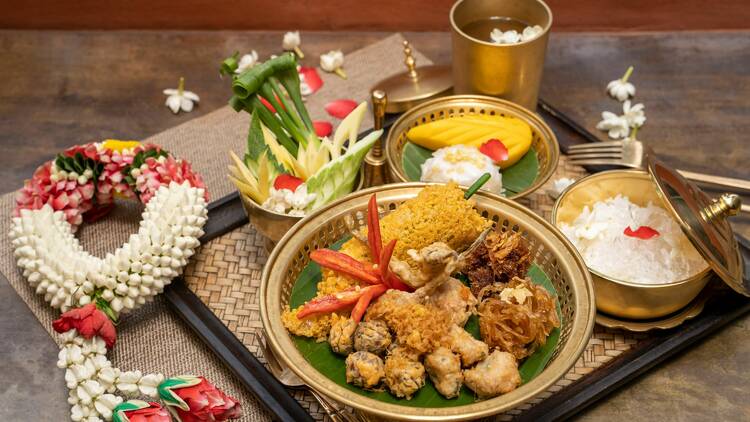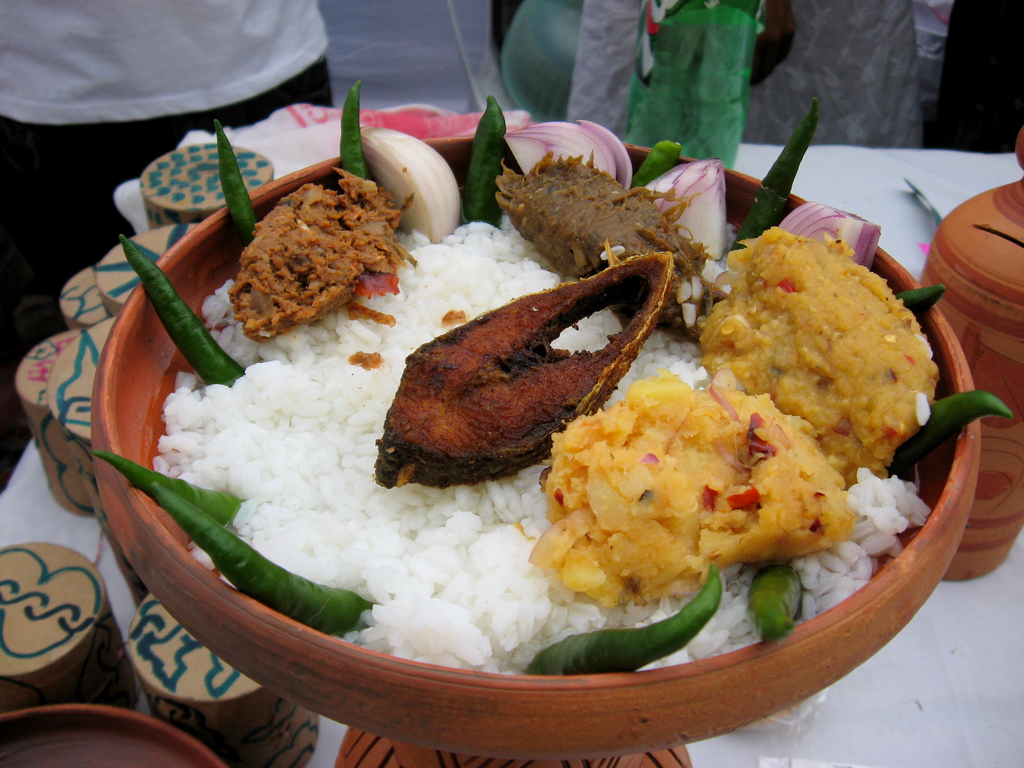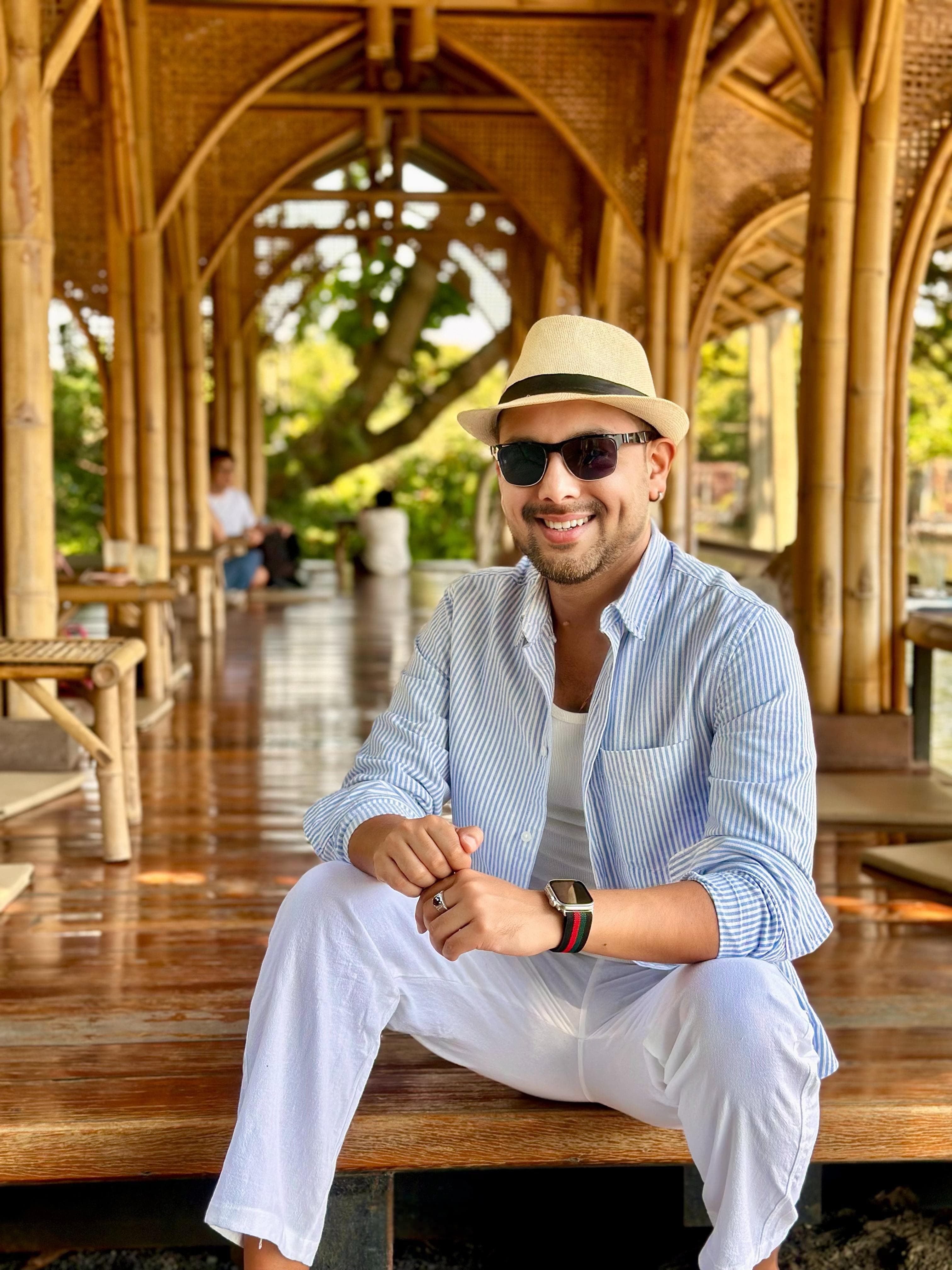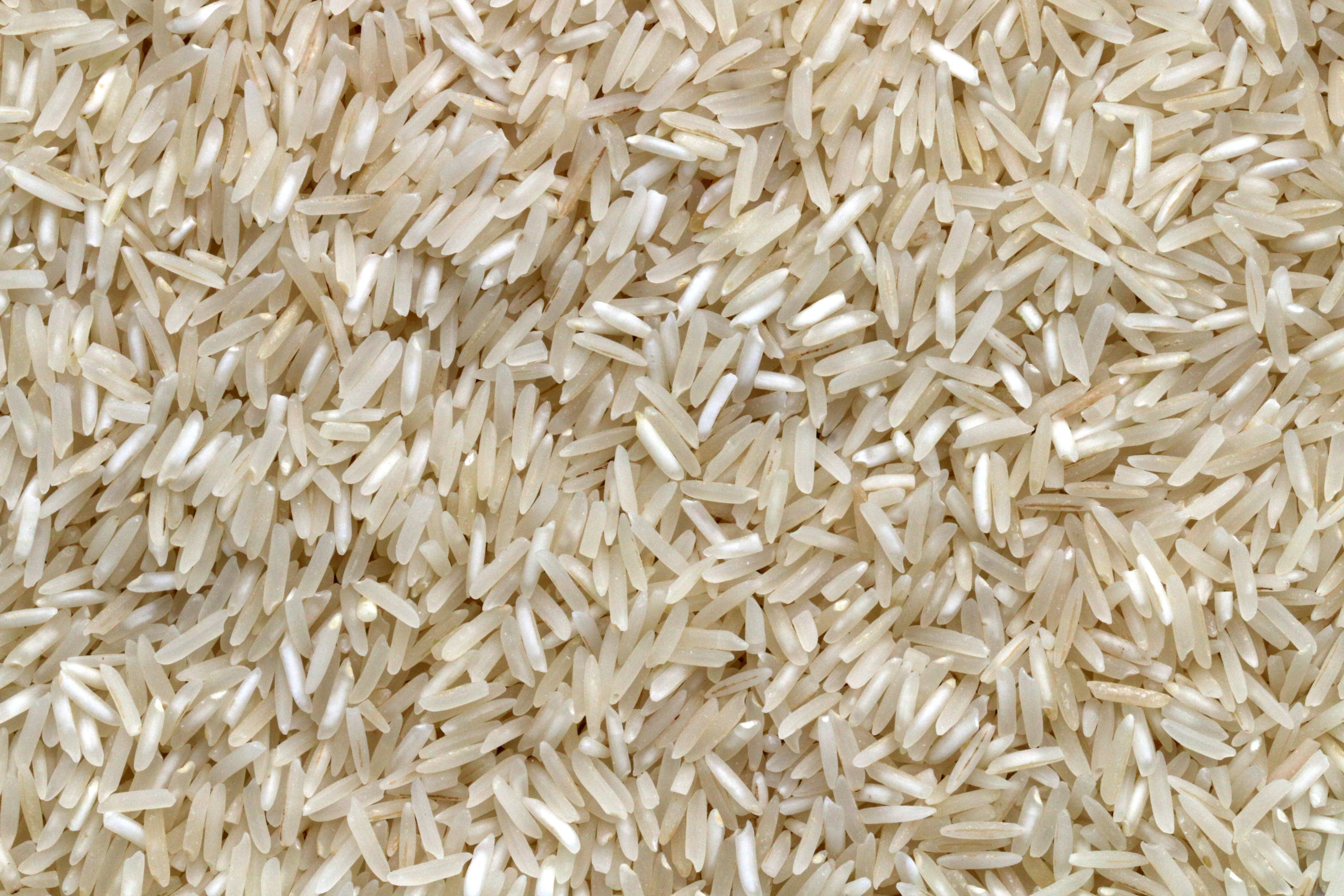Did you ever relish 'panta bhat'—the water-soaked rice in a five-star hotel, and that too in Bangkok?
Well, there’s something about rice soaked in water that stirs my soul in ways I can never fully explain , especially in summer!
It isn’t just the cooling relief it offers to a sunburnt body in April—it’s something older, something ancient. It’s the kind of dish that opens a hidden door in your chest, one that creaks open to memory, heritage, and the haunting comfort of home. It is summer, yes....but it’s also childhood. It’s sweat on the nape of your neck. It’s the clink of metal bangles in the kitchen. It’s your mother’s bare feet slapping against a red oxide floor. It’s survival—served cold.
So when Bangkok began to shimmer under a golden haze this April, and the air thickened with jasmine and heat, I wasn’t searching for air conditioning or cocktails. I was looking for something that mirrored what I carried inside me. And that’s how I found myself walking into the serene, almost cinematic luxury of Capella Bangkok, in pursuit of Thailand’s most royal summer ritual—khao chae.
From the moment I stepped into Phra Nakhon, the hotel’s riverside culinary sanctuary, I knew I was entering a performance, not a meal. The table was set with the kind of reverence you reserve for ceremonies. The air carried the faintest scent of jasmine and chilled silver. And then it arrived—khao chae, the queen of Thailand’s summer table.

A bowl of ob tien rice, each grain parboiled and cooled to perfection, floated gracefully in iced, jasmine-scented water. The fragrance was delicate, almost ethereal—as if summer itself had been distilled into a whisper. Around it, an array of accompaniments appeared like a royal court assembling around its sovereign. Deep-fried shrimp paste balls, intricately stuffed green peppers, caramelized shallots that melted on the tongue, sun-dried fish, stir-fried pickled turnips, and glistening ribbons of sweetened pork.
Each bite was an aria—sweet, bitter, salty, umami—crafted with precision, but humming with emotion. The journey began with Pla Haeng Tang Mo, an unexpected yet genius duet of dried fish and fresh watermelon, and ended with Loy Geaw, a chilled dessert so light, it evaporated like the memory of rain.
As I savored this culinary theatre, Chef Kannika Jitsangworn joined me—poised, warm, quietly proud. She spoke of the origins of khao chae, how it came from Phetchaburi and was introduced to the royal palace by Chao Chom Manda Sonklin, a noblewoman of Mon descent. With her, this once-humble dish was refined into a courtly indulgence—khao chae chao wang, the royal rendition of soaked rice, now a limited-edition delicacy of the Thai summer.
“It is a performance,” she said, her eyes lighting up. “A composed, poetic one.”
I smiled. Because it was. Every detail was poetry.
And yet—I leaned in, almost conspiratorially—and whispered back:
“Bengal doesn’t do poetry this way.”
Her brow arched, curious.
So I pulled out my phone and showed her another story. Another kind of soaked rice. A bowl with no silver rim. No perfumed water. No palace-trained hands. Just a terracotta pot sitting humbly in a Bengal kitchen—rice soaking overnight, slightly fermented, unbothered by time or presentation. Just waiting. Breathing — Panta bhat...
 The name itself tastes like soil. Like rain. Like stubborn dignity.
The name itself tastes like soil. Like rain. Like stubborn dignity.
We don’t garnish it with shrimp balls or caramelized shallots. We bless it with mustard oil—pungent, golden, unapologetic. We don’t serve it with watermelon. We crown it with crisp fried hilsa, or sometimes a potato fritter if that’s all the day can afford. Raw onions that bite like truth. Green chilies that don’t ask for permission. It’s not a performance. It’s a declaration.
No crystal platters. No folded napkins. Just gut instinct and inherited muscle memory. A dish passed down by the same hands that tilled the land and wiped sweat from their brows. It’s not beautiful. It’s not polite. It is, however, powerful. And yet… in its own way, it too is a kind of grace.
A grace born not from luxury, but from love. From necessity.... from knowing how to make the old new again, and how to outsmart the sun with a bowl of yesterday’s rice.
So now I sit here and I find myself wondering: What makes a dish royal? Is it legacy and lineage, passed down through noblewomen and gilded kitchens? Or is it the resilience of a people who never had palaces, but knew how to feed generations with leftovers and heart? Khao chae is the queen. There’s no question. Elegant, poised, divine. But panta bhat—she’s the mother. The barefoot matriarch. Fierce. Tender. Unshakable. And both, in their own way, command reverence.
As the mango trees begin to bloom and the world prepares to swelter once again, I murmur: ''Let them both reign. Let the rice soak. Let the sweat pour. Let the stories unfold. Let the summer come. We are ready.''
Would you care to join me—khao chae in one hand, panta bhat in the other?

Ayan was born in the chaos and charm of Calcutta, now stirring things up in Bangkok! Social entrepreneur, people-person, and big believer in turning ideas into real-world change


Comments